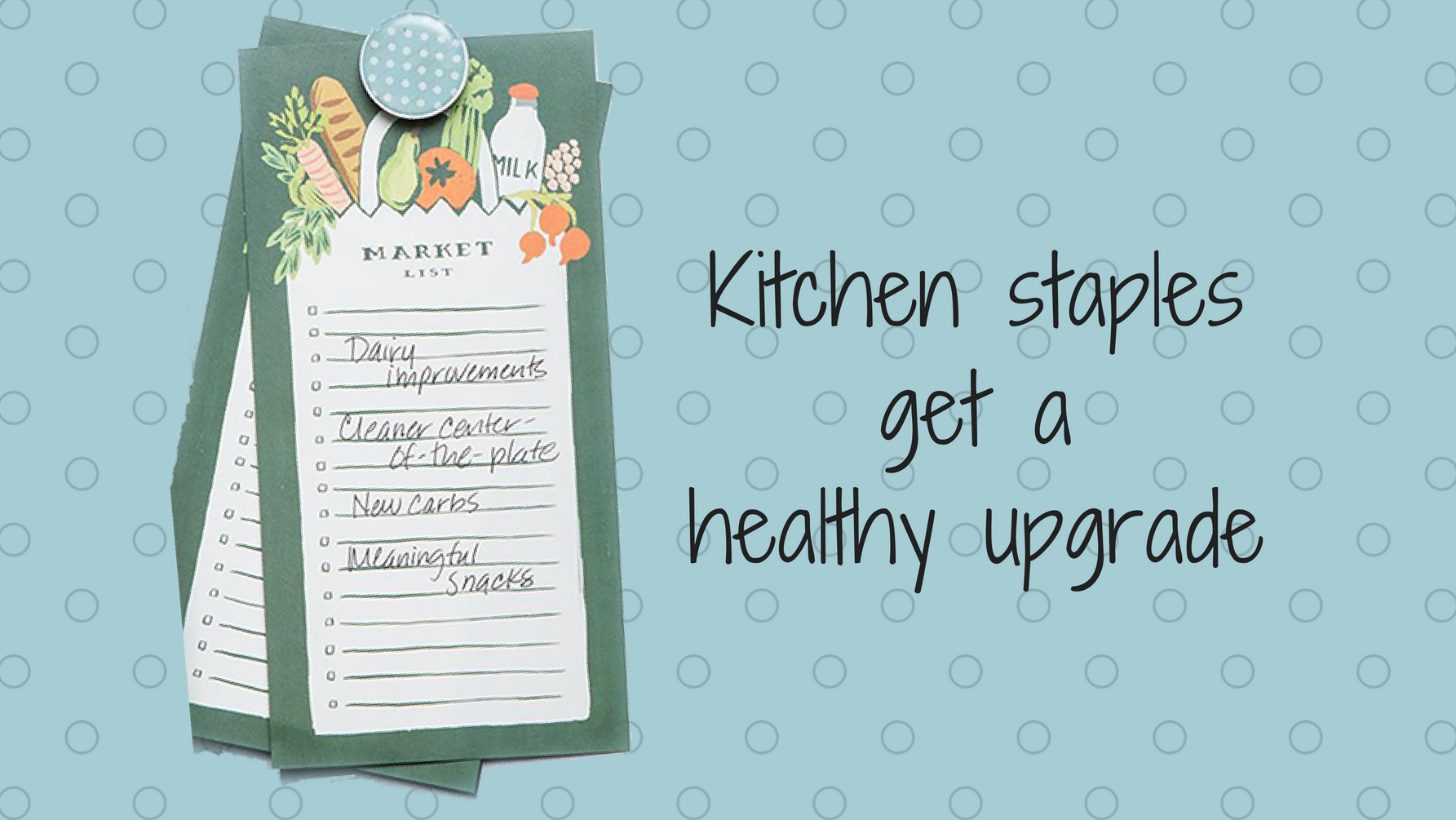Kitchen staples get a healthy upgrade
Kitchen staples get a healthy upgrade
Whether it be a forecasted hurricane-of-the-century or a winter storm that prompts Twitter users to use the hashtag #snowpocalypse, when harsh weather is predicted, consumers flock to grocery stores in droves to stock up on three storm essentials: milk, bread and eggs.
From New York to New Mexico, this holy trinity of hunker-down food (and perhaps a few bottles of cabernet sauvignon) is widely considered to be necessary sustenance for waiting out squalls of all ilk. But are staples like milk, bread and eggs—along with meat and conventional snacks—being replaced by better-for-you alternatives?
The answer is a resounding “yes!” Consciously sourced proteins and meat replacements. Better-for-you dairy. Paleo-friendly baking mixes. Whole-food snacks. These are the new staples, the foods that are weaseling their way onto weekly grocery lists, and appearing in consumers’ pantries and fridges again and again.
Food choices are no longer being made just by special diet constraints. Now, consumers are consistently buying foods that boast vegan, grain-free or gluten-free ingredients—even if they do not eat this way all the time. Take vegan “ice cream” brand Jawea, which blends coconut cream, organic cane sugar and globally inspired flavors into creamy frozen desserts, for example. While founder Mike Rosenthal originally created Jawea because he was lactose intolerant, he says those without diagnosed allergies or ethical reasons to avoid dairy also enjoy the vegan product. “Most of the people that are buying and loving Jawea are consumers who choose to cut dairy out of their diet for health purposes related to how it makes them feel,” says Rosenthal. “People will tell me that eating Jawea makes them feel way better than ice cream. It makes them feel less heavy, less lethargic and with no guilt.”
No guilt. Perhaps this is the best explanation for such shifting food forces.
Innovation in stalwart categories now gives us permission to eat dairy without the regret, tuna without the fish (see, Vegan Toona!), bread without the carbs and snacks without the empty calories. The following natural brands are different from their conventional counterparts because they are asking the right questions—not, “How do we increase sales?” but “How can we do better business for the environment, for our consumers and, yes, also for our economic sustainability?”
Shoppers support companies that seek answers to these questions, and if their stomachs don’t ache afterwards, all the better.

